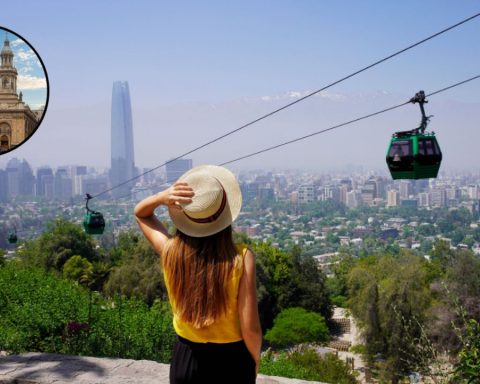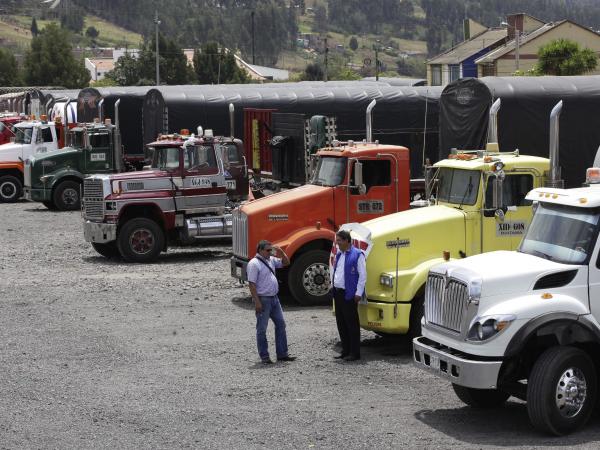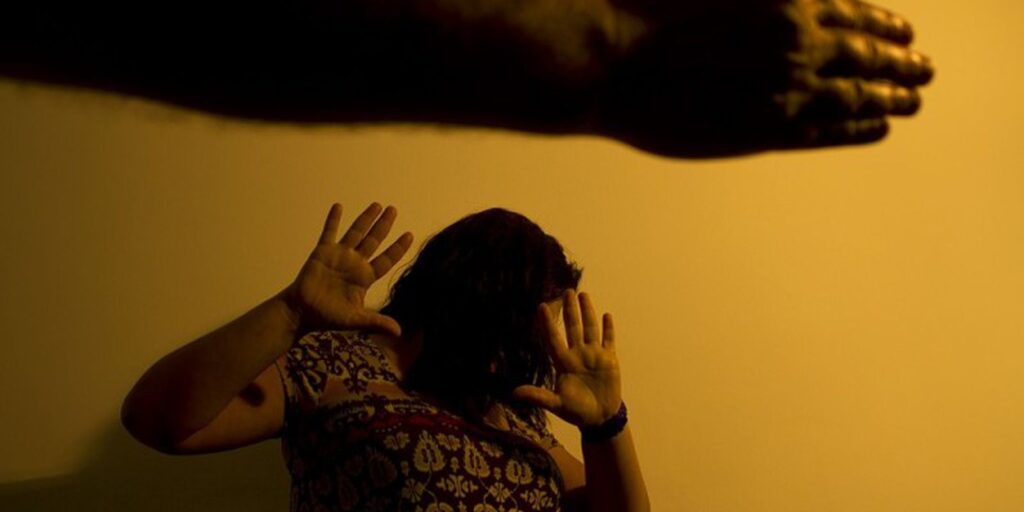
There was no one in the Palace who was not aware that the first scheduled departure of the Minister of the Interior, Izkia Siches, to the Region of La Araucanía, contemplated some degree of risk. To what extent? There was not much clarity. And it is that the signal that they wanted to deliver, of support for the application of a new way of facing the conflict that is being experienced in the regions of La Araucanía, Los Lagos and Los Ríos, through a de-escalation – which contemplates greater openness to the dialogue and the end of the States of Exception–, brought with it certain flanks and these became evident, installing as a milestone the first crisis of the Government, less than a week after being established in La Moneda.
Although an attempt has been made to lower the profile of what happened, the facts speak for themselves. And it is that outside the official agenda, the chief of staff of President Gabriel Boric, Izkia Siches, wanted to add to the extensive deployment in the area, one more ingredient of support for a strategy that daily suffers attacks from various flanks, but that from the Palace they are convinced to hold. In the midst of the activities, the head of the Interior and Public Security decided to go visit the father of the murdered Mapuche community member Camilo Catrillanca, inside the community of Temucuicui – the same one where the PDI was unable to enter months ago, resulting in one of their deceased officials. The result of the double bet was that the second government authority had to back down after a barricade was detected 300 meters from the community, with the addition of shots fired into the air, which generated a wide-ranging security operation that ended with Siches in the Ercilla sub-police station.
In any case, the government’s position remained unchanged, this after an emergency meeting held by President Boric with the remaining ministers in La Moneda, such as the spokeswoman Camila Vallejo and the Undersecretary of the Interior, Manuel Monsalve. Although sources inside the Palace assured that the idea of ”backing down” from the announced de-escalation strategy was never put on the table, they did confess that the secondary effect of what happened would be a “rearrangement” in the implementation times. , which evidences the blow that the fact already described meant.
And it is that from the beginning, during the campaign and prior to the installation, the speech –with nuances in between– was one that aimed to mark a clear contrast with the management of the Government of former President Sebastián Piñera, whose commitment, once he saw The failure of his Araucanía Plan –after the murder of the Mapuche community member Camilo Catrillanca– was to criminalize the conflict, subscribing it to an exclusively criminal issue and installing the concept of narco-terrorism. This, in order to put aside any intention of a larger dialogue. The result –and recognized by the representatives of the previous government–, after four years in command, was an evident escalation in the seriousness, depth and complexity of the conflict.
The spokeswoman Vallejo said it, and the Minister of the Interior reiterated it on several occasions: the announced strategy is not going to go back and the opening to dialogue with “everyone” would continue, as well as the non-renewal of the State of Exception that ended up being the only tool applied by the outgoing administration, which was renewed ten times.
In one of her many interventions, Minister Siches indicated that “we spoke with Marcelo Catrillanca, Camilo’s father, in an important meeting within the day, in which we seek to establish a dialogue with victims, territories and authorities. With more conviction than ever we reaffirm our path. Violence will not stop us.” In the case of Minister Vallejo, she pointed out that “the path we have followed to face the acts of violence is a difficult path. The path of dialogue will be full of difficulties and there will be many who do not want to take the path of dialogue. The minister’s itinerary will continue.” And regarding the criticism for the non-renewal of the State of Exception, she responded by pointing out that “this event happened within the framework of a State of Exception.”
In the afternoon, although the budgeted itinerary was maintained, that is to say, the head of the Interior returned to the capital, while the portfolio managers who accompanied her stayed with their own agenda, from La Moneda they could not ensure that this stand firm because of the “liquidity” of the situation that had occurred. In any case, and as a way to support the strategy, the idea was to try to affect the previously agreed agenda as little as possible, in order to provide a sense of normality and not raise the temperature of a case that –everyone understands– will remain inscribed in the pages of the current administration.
The conflict in La Araucanía, axis of the governmental crises
And just as it already branded the incoming administration, the decades-long conflict in the area has become an almost impossible hurdle to overcome for the different governments, which in different circumstances have been shorn for various reasons.
Enough literature has already been written about what happened in the now ex-government of Sebastián Piñera, who, although he tried to enter fully into the conflict, was frustrated early on, falling into a spiral that ended up deepening and making the problem installed there even more complex.
As soon as they were assumed, in 2018, the now former President announced with great fanfare the Araucanía Plan, which proposed, in addition to different investment projects, a dialogue approach, led by the then Minister of Social Development, Alfredo Moreno, and the which –recognized by several sectors– was giving its first buds. But everything was frustrated after the murder at the hands of carabineros of the Mapuche community member Camilo Catrillanca, a fact that installed the first great storm inside La Moneda, destabilizing the primary design, the one that contemplated the former Minister of the Interior, Andrés Chadwick, as the protagonist during the entire government.
After that, the plan was discarded, the dialogues were forgotten, and the way to deal with it was by placing the problem in a merely criminal sphere, installing the concept of narco-terrorism and always appealing to a punitive agenda, pressuring Congress for approval. of laws that belonged only to that framework of action.
In the case of former President Michelle Bachelet, in her second term the results were not what she expected either. Not only was she the last of the country’s regions to visit – except for her vacations in Caburgua, La Araucanía Region – but it also cost her a crisis from which she never really managed to extricate herself.
And it is that, in December 2015, the then Head of State organized a visit to La Araucanía, and the problem was that she did not notify her Minister of the Interior, at that time the DC Jorge Burgos. Even the press that accompanied the former President was only summoned to the airport, without reference to where she would travel, a situation that was clarified once on the flight and without a telephone signal.
Bachelet’s decision caused deep anger in her chief of staff, who not only showed his annoyance through his advisers, but also demanded an appointment with the President once he returned to the Palace. The meeting was held, at the time that the DC had the pleasure, in front of all the accredited press, once the instance was over, to point out that “I told the President that this could not be repeated.” From then on, the relationship never returned to its initial course.
Although the former President began that mandate by apologizing on behalf of the State of Chile and tried to open the dialogue through a table headed by the Bishop of Temuco, Héctor Vargas, the deaths –in different circumstances– of the community members Víctor Manuel Mendoza Collío and José Mauricio Quintriqueo Huaiquimil, both of which occurred in 2014, conditioned any type of resolution search.















